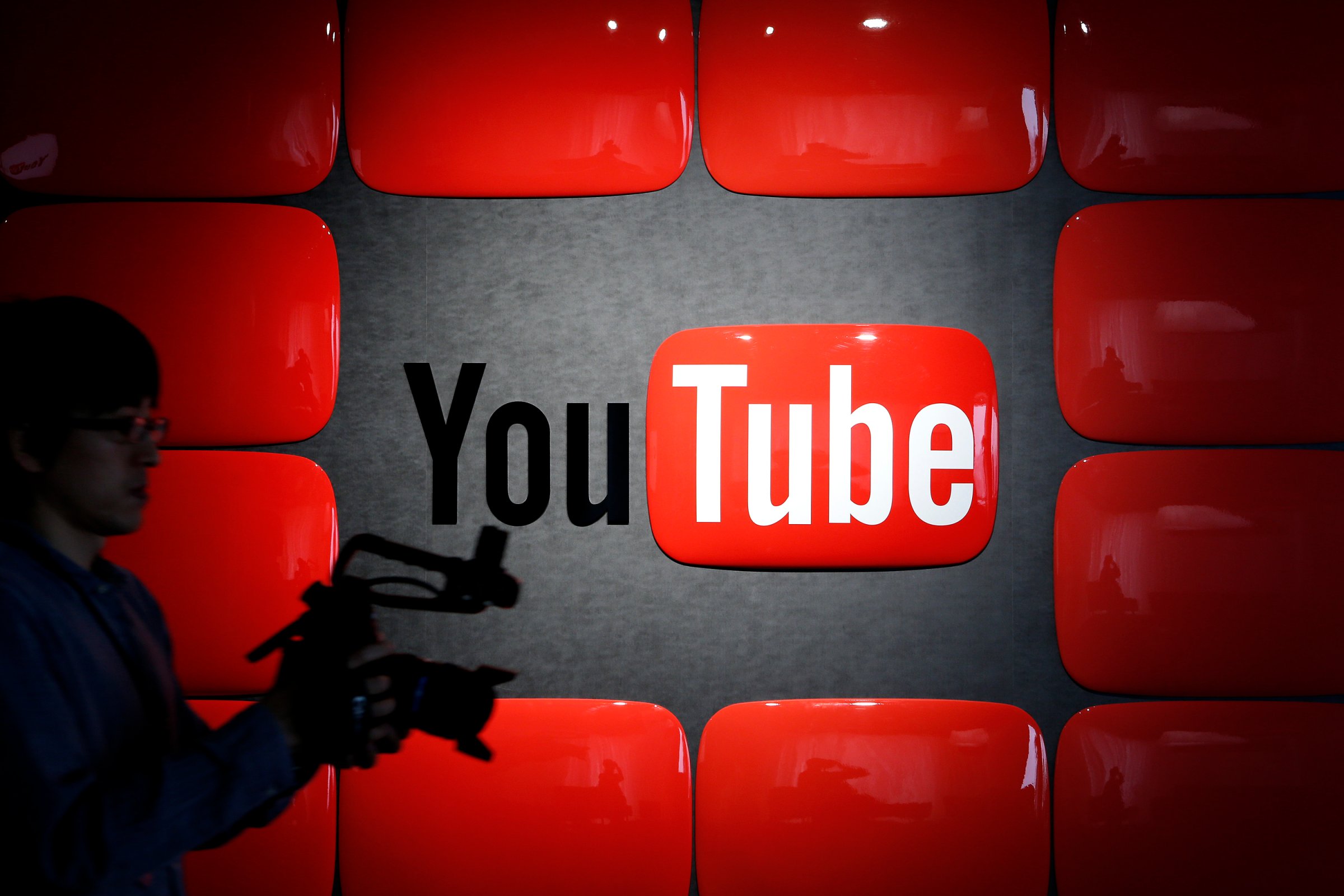
YouTube’s ambitions are growing fast. No longer content to be the Web’s repository for free videos, the Google-owned site recently launched an ad-free $10-per month subscription service called YouTube Red. Now YouTube is reportedly in talks to woo Hollywood studios to place original content behind the site’s newly erected paywall, according to the Wall Street Journal.
Red has already announced a slate of shows that won’t be available on the free version of YouTube, all from creators born and bred on the site, like the gamer PewDiePie. But the Journal story indicates that YouTube may be seeking out more traditional programming as well, the kind of which is already heavily fought over by traditional subscription services such as Netflix, Hulu and Amazon Prime.
Entering licensing wars with the big players in paid streaming would be a huge strategy shift for YouTube. Here are three challenges the company may face in doing so:
High Costs
YouTube’s costs today are largely technical, as it maintains a massive video trove which adds about 400 hours worth of content every minute. Almost all of these videos are uploaded to YouTube for free, with some having ads sold against them from which YouTube and the uploader both collect revenue.
While YouTube has dabbled in paying for content, acquiring externally produced programming on a large scale would add a big new cost for the site. Hulu and Amazon will spend about $1.5 billion on programming this year, according to an RBC Capital Markets analyst cited by the Journal. Netflix’s contracts call for it to pay out $4.5 billion for streaming content over the next year, and close to $10 billion over the next three years.
YouTube generated about $4 billion in revenue in 2014, according to the Journal, but didn’t post a profit. Convincing people to pay for a YouTube subscription could help put the site in the black—but doling out huge sums for original shows could push it right back in the red if large numbers of users aren’t converted to paying customers. Still, there are signs that Google may be willing to sacrifice short-term profitability in order to make Red a success. The subscription already comes bundled with Google Play Music, an on-demand streaming service that used to cost $10 per month on its own.
User Expectations
It’s not clear how much YouTube’s core user base of young, Web-savvy users want traditional Hollywood productions. In 2011 and 2012 the site famously invested hundreds of millions of dollars in original content by A-list stars like Madonna, Pharrell and Amy Poehler. Later the site pivoted to marketing home-grown stars like Michelle Phan and Bethany Mota. The initial lineup of Red originals also indicated a focus on YouTube-bred personalities. A shift back to Hollywood fare wouldn’t be a guaranteed success.
There’s also a question of how easy it will be to convince users conditioned to visit YouTube for music videos and funny clips to engage with longer content. According to comScore data from 2014, the average length of an online video is only four minutes.
Crowded Market
YouTube, which would be new to licensing premium content, would be squaring off against the extremely popular Netflix, which has 66 million subscribers, and the quickly maturing Amazon Video and Hulu, which have doled out huge sums for licensing deals with content makers like Viacom. Add to that the growing number of traditional TV channels offering their content as stand-alone streaming products, like HBO and Showtime, and you have an extremely competitive landscape already packed to the gills with high-quality shows. Standing out in the streaming market today will be significantly harder than even two and half years ago, when Netflix made a huge splash with the unproven House of Cards.
More Must-Reads from TIME
- Donald Trump Is TIME's 2024 Person of the Year
- Why We Chose Trump as Person of the Year
- Is Intermittent Fasting Good or Bad for You?
- The 100 Must-Read Books of 2024
- The 20 Best Christmas TV Episodes
- Column: If Optimism Feels Ridiculous Now, Try Hope
- The Future of Climate Action Is Trade Policy
- Merle Bombardieri Is Helping People Make the Baby Decision
Contact us at letters@time.com